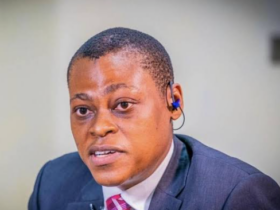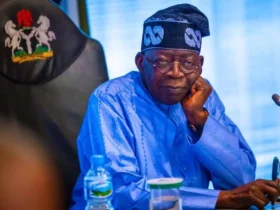
Nigerian students who are seeking admission to foreign universities have spent a total of $340.84 million on application fees in the first half of 2023, according to the data released by the Central Bank of Nigeria (CBN).
This amount represents a 44.28 percent drop from the previous quarter, when Nigerian students spent $218.88 million on foreign education.
The data, which covers the expenditure for educational services in the foreign exchange market, shows that Nigerian students spent $40.54 million in April, $48.81 million in May, and $32.61 million in June 2023 on foreign education.
The decline in spending is attributed to the recent FX harmonisation policy by the CBN, which has made it difficult for students to access foreign exchange from the official market. Many students have resorted to buying dollars from Bureau de Change operators, which often charge higher rates and have limited supply.
The CBN policy is aimed at reducing the pressure on the naira and conserving the scarce foreign exchange reserves, which have been dwindling due to low oil prices and reduced foreign investment inflows.
However, the policy has also affected the quality and quantity of education in Nigeria, as there is no significant return of funds from foreign academic institutions to the local education sector.
Despite the challenges of accessing foreign exchange, Nigerian students have shown a strong interest in studying abroad, especially in the United Kingdom. According to the data from the British Home Office, the number of study visas issued to Nigerians increased by 222.8 percent in the first half of 2022, compared to the same period in 2021.
The data shows that 65,929 Nigerians received study visas as of June 2022, while only 20,427 Nigerians received study visas as of June 2021.
The increase in study visas reflects the preference of Nigerian students for quality education and better opportunities abroad, as well as the availability of scholarships and grants from some foreign universities.







Leave a Reply